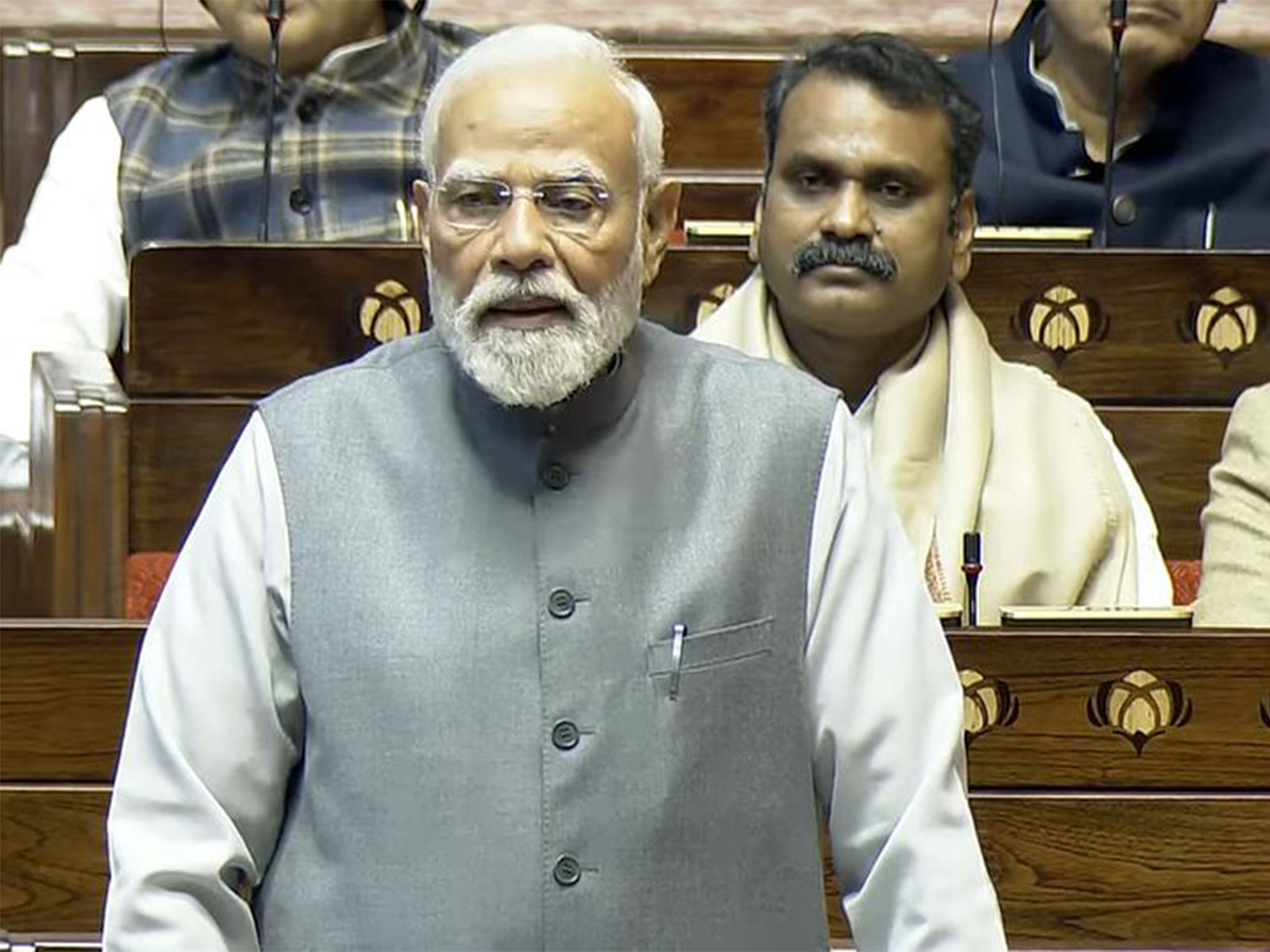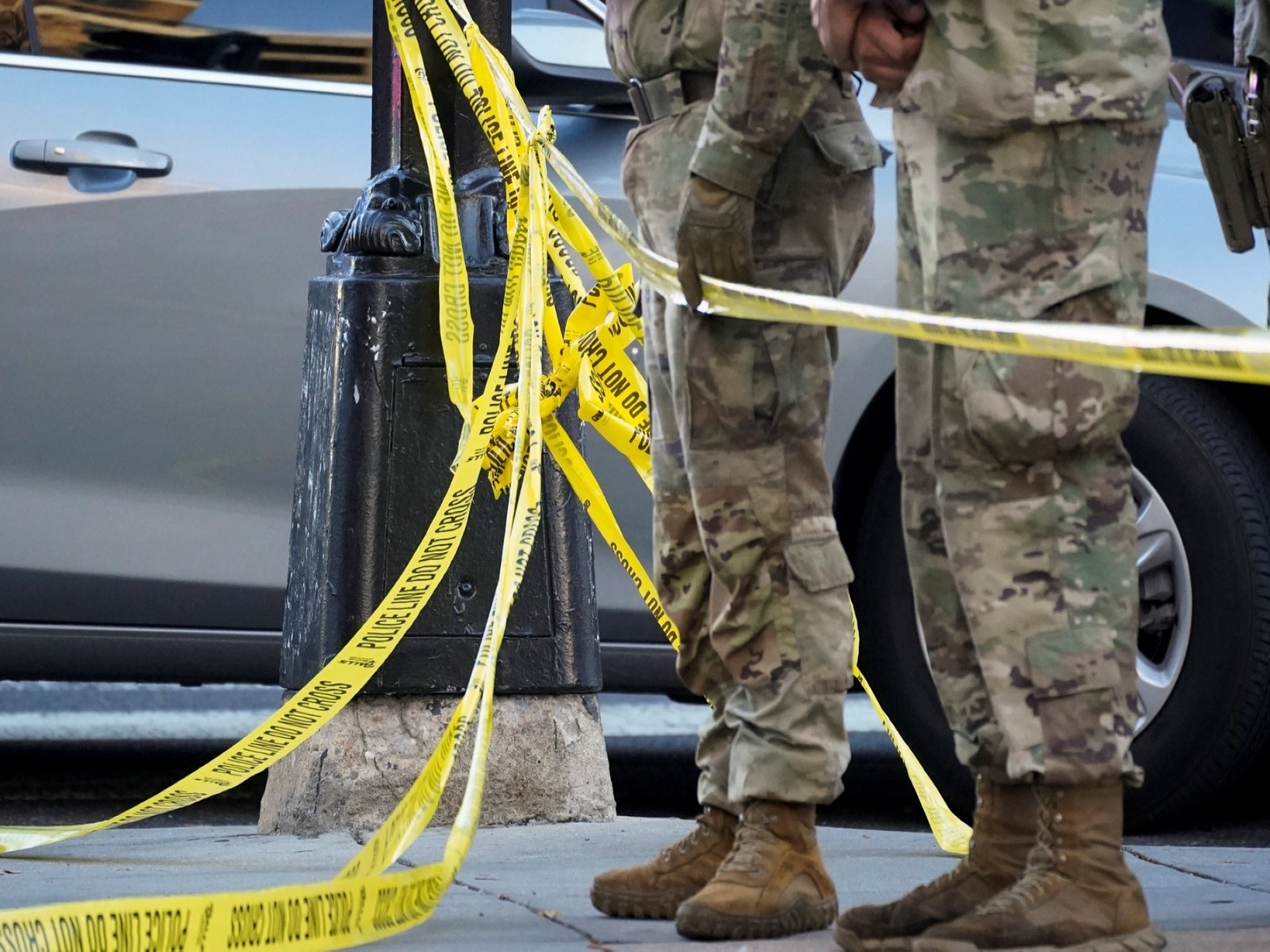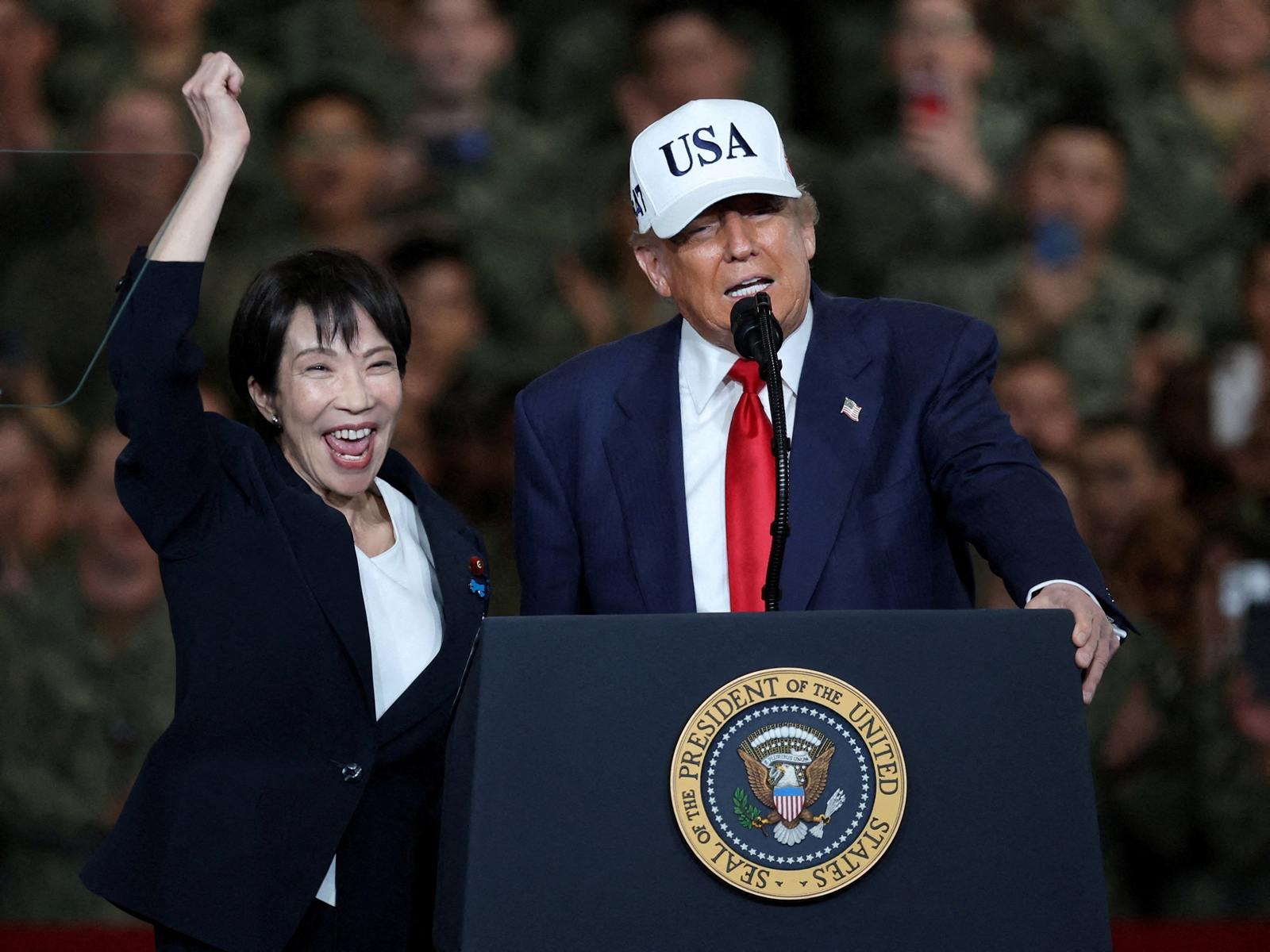Is Yashwant Sinha really batting for more quotas? Read again

By calling for a new commission to study the impact of the reservation policy, former finance minister Yashwant Sinha has left his stand open for interpretation. Is he supporting a redistribution of quota benefits and/or an addition of newer communities to the existing quota lists?
The senior BJP leader, who has been sidelined under the new dispensation within his party, reportedly said at an event in Patna on 10 November that the Supreme Court-mandated cap of 50% quotas for SC, ST and OBC should be revisited.
Quantum of reservation
Sinha admitted that reservation had “brought changes in the society but a lot needs to be done”.
However, he elaborated that “the population of deprived sections of society is much more than 50%” and therefore, there was no point of a 50% cap. He went on to suggest that the “quantum of reservation” could be altered to 45% or 60%, demanding the union government to set up a commission to look into the entire issue.
This commission, according to Sinha, should look into multiple aspects like the “present status of people belonging to SC, ST and OBC categories vis-a-vis reservation, what are the problems and how these problems will be dealt in days to come, the issue of reservation in promotion, scholarships, social uplift of these communities”.
BJP and the Rashtriya Swayamsevak Sangh (RSS), its parent organisation, have long argued that the reservation policy needs a rethink. In 2015, RSS chief Mohan Bhagwat had also called for such a review and for the formation of a committee to look into the issue. Sinha's views don't sound too different from Bhagwat's.
A key difference between the two statements is that Bhagwat did not talked about the 50% cap. The limit came into existence in 1992 by virtue of a Supreme Court order in a judgment popularly known as the Indra Sawhney judgement. “The reservation under Articles 15(4) and 16(4) should not exceed 50%...and any reservation beyond 50% would liable to be struck down”, the order said.
Many have often criticised that ceiling, saying that SC didn't given any explanation for it. It is also widely believed that taken together, the population of SCs, STs, and OBCs is much larger than that of those in the general category. It is to settle this debate that a huge political movement was created to force the union government to for for enumeration on caste lines as well for Census 2011.
Chasing clarity
The government is yet to release caste-related data. Once out, these numbers would be very helpful in settling the debate on quotas and their limits. In their absence, governments will continue to be at a loss in ascertaining how to respond to quota movements like the ones being run by Jats in Haryana, Gujjars in Rajasthan, Marathas in Maharashtra, Patidars in Gujarat and Kapus in Andhra Pradesh.
Then there are other campaigns like the one supported by BJP in Gujarat of a quota for poor upper castes or the one supported by TRS in Telangana of a quota for Muslims. There have also been demands for treating orphans as a category fit for separate quotas.
Tamil Nadu continues to exist as the only state in the country that exceeds the 50% cap on quotas. The state government stretched quotas in the state to 69% with the help of an interesting legal bypass. The government brought in new quotas by placing a related law in the Ninth Schedule of the Constitution. This schedule protects laws placed under it from being challenged in courts.
However, even that is a position that is slowly crumbling. The SC itself has has held that the Ninth Schedule couldn't be misused for blanket immunity and cases will be considered on their individual merit. This means Tamil Nadu's 69% quota can be challenged if somebody wants to do it.
This is also a deterrent for other groups that have been pushing for quota through similar immunity. That's why releasing caste data of Census 2011 will be a good thing to do as it will bring clarity to the whole issue. New quotas must indeed be considered on a case-to-case basis.
First published: 11 November 2017, 20:12 IST






![BJP's Kapil Mishra recreates Shankar Mahadevan’s ‘Breathless’ song to highlight Delhi pollution [WATCH] BJP's Kapil Mishra recreates Shankar Mahadevan’s ‘Breathless’ song to highlight Delhi pollution [WATCH]](https://images.catchnews.com/upload/2022/11/03/kapil-mishra_240884_300x172.png)

![Anupam Kher shares pictures of his toned body on 67th birthday [MUST SEE] Anupam Kher shares pictures of his toned body on 67th birthday [MUST SEE]](https://images.catchnews.com/upload/2022/03/07/Anupam_kher_231145_300x172.jpg)






